Nilphamari, September 2 (V7N) – One garment worker was killed and six others sustained gunshot injuries on Monday during a violent clash between protesting factory workers and security forces at the Uttara Export Processing Zone (EPZ) in Nilphamari, northern Bangladesh.
Watch Video: Fatal Shooting During Labor Protest at Uttara EPZ in Nilphamari
The unrest unfolded at Evergreen Par Chula Company, where employees had been protesting for several days over unpaid wages following a recent round of layoffs. Tensions escalated sharply when workers attempted to blockade the factory premises, demanding immediate payment of their dues. According to eyewitnesses, the protest turned violent when security personnel, including local police and army units, intervened to disperse the crowd.
During the confrontation, 28-year-old worker Habibul was shot and later died from his injuries. Six others suffered gunshot wounds and were taken to nearby hospitals, where medical sources described their conditions as critical.
Witnesses reported scenes of chaos, with workers throwing stones and security forces firing live rounds to control the situation. Factory management had allegedly failed to engage with workers' demands prior to the escalation.
In response to the violence, authorities deployed additional security forces around the EPZ. Local officials have initiated emergency talks with factory representatives and labor leaders to prevent further unrest.
The incident has drawn condemnation from labor rights groups, who are calling for an independent investigation into the use of lethal force against unarmed workers. Human rights advocates argue that the frequent use of force in industrial disputes undermines the legal rights of workers and tarnishes the reputation of Bangladesh’s key export sector.
The Uttara EPZ in Nilphamari is one of several special industrial zones established to attract foreign investment and boost employment through export-oriented manufacturing, particularly in the ready-made garment (RMG) industry. While the sector has driven significant economic growth, it has also faced repeated criticism over low wages, poor working conditions, and inadequate mechanisms for labor dispute resolution.
Labor unrest remains a recurring issue in Bangladesh’s garment sector, which employs over four million people and supplies major global retailers. Workers often face delays in wage payments, especially in times of economic downturn or management restructuring. Despite government commitments to improve labor rights, enforcement remains weak, and incidents of violence during protests continue to occur.
The government has not yet announced any official inquiry into Monday’s incident.
END/TGR/SMA/



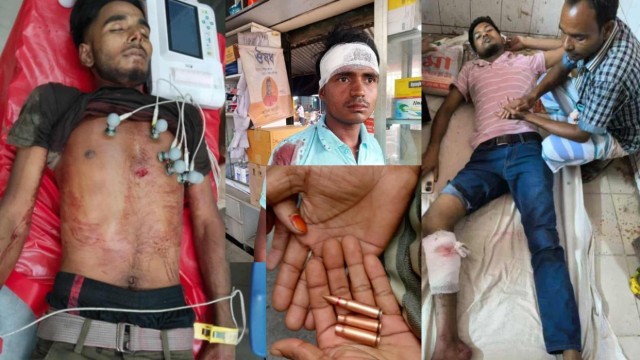
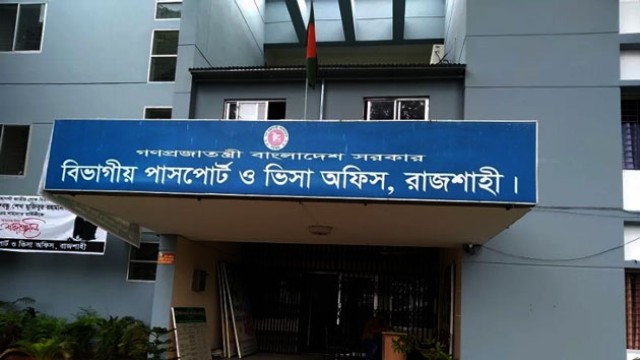
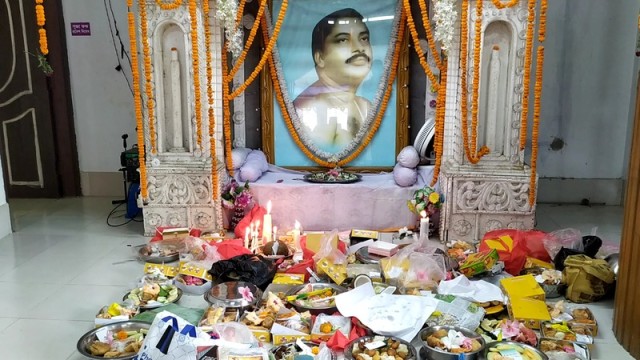
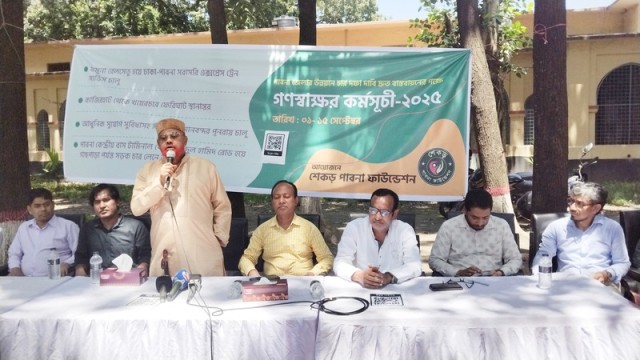
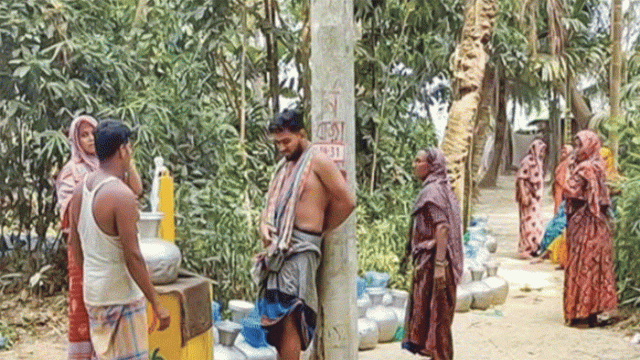


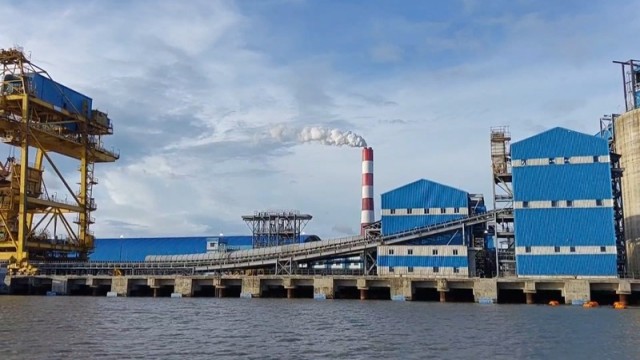

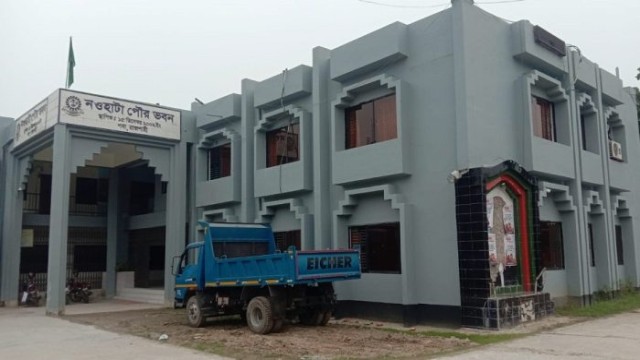
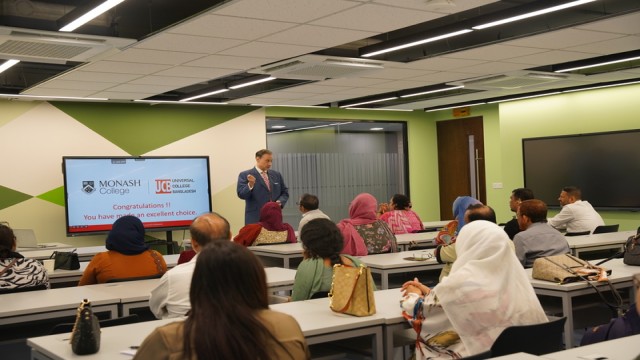
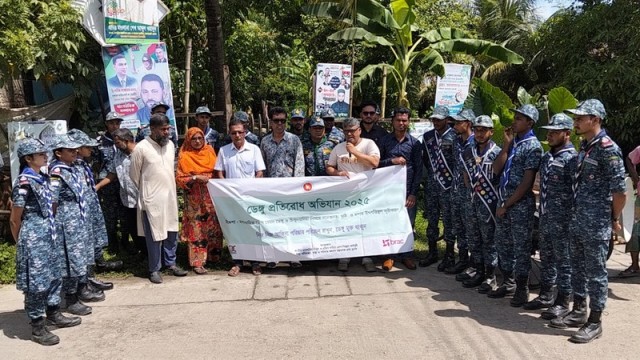

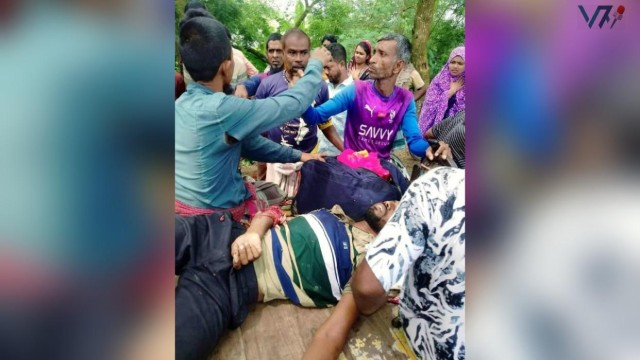
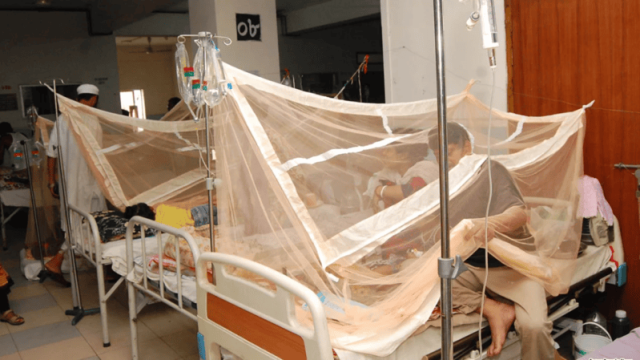
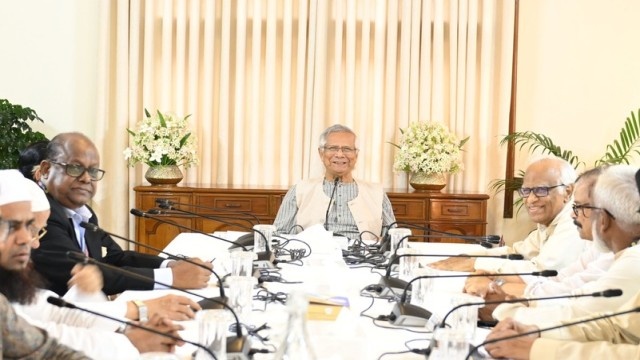


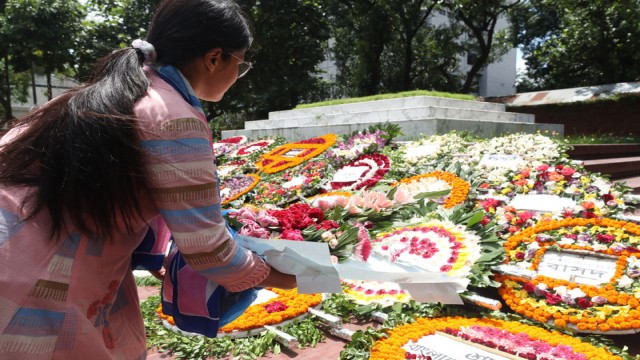
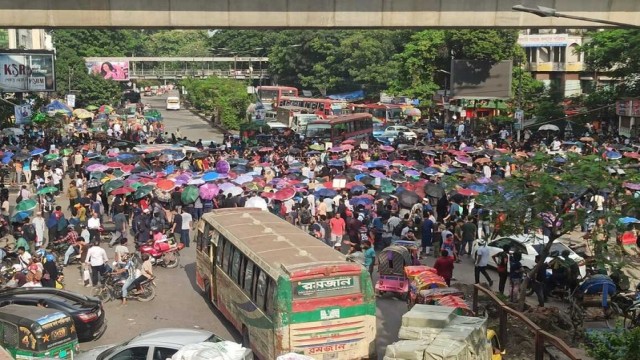

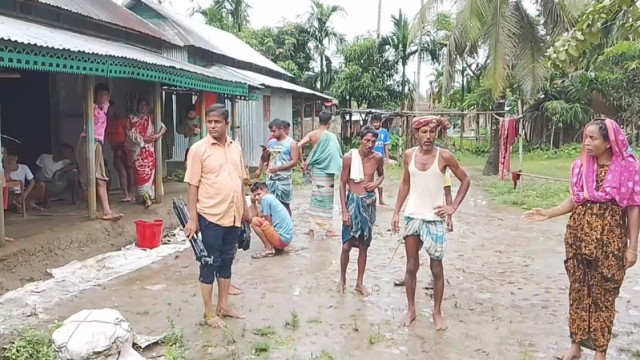
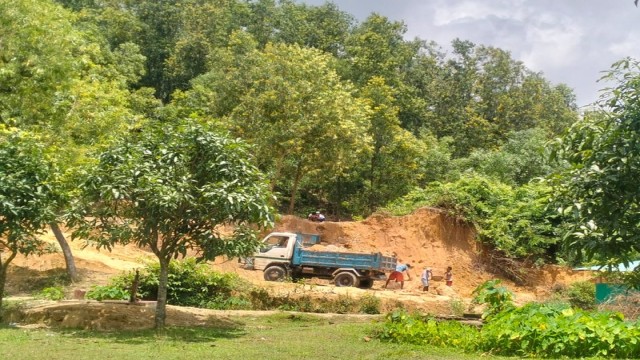
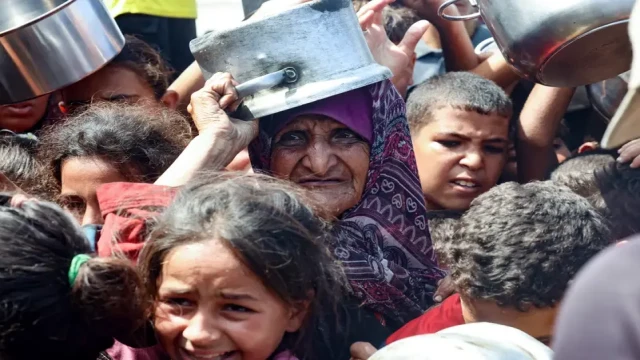
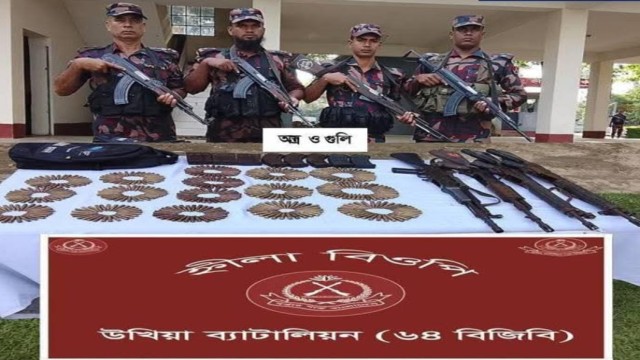
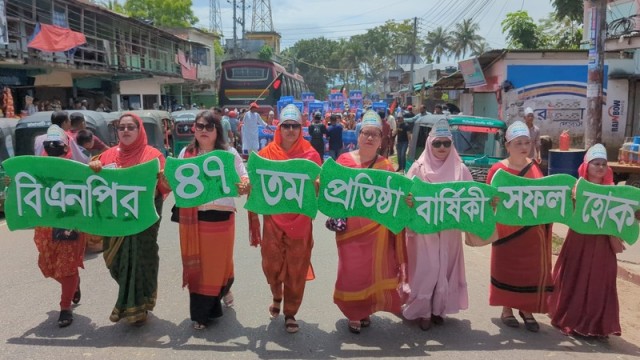
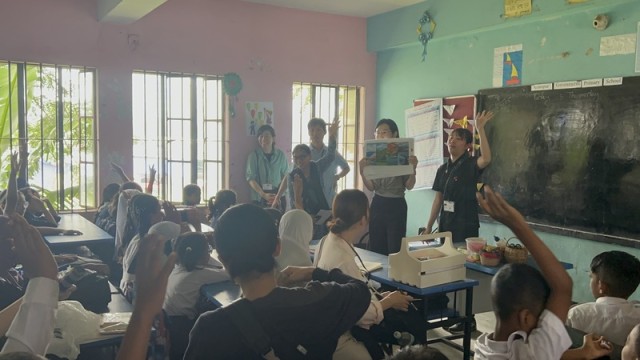

Comment: